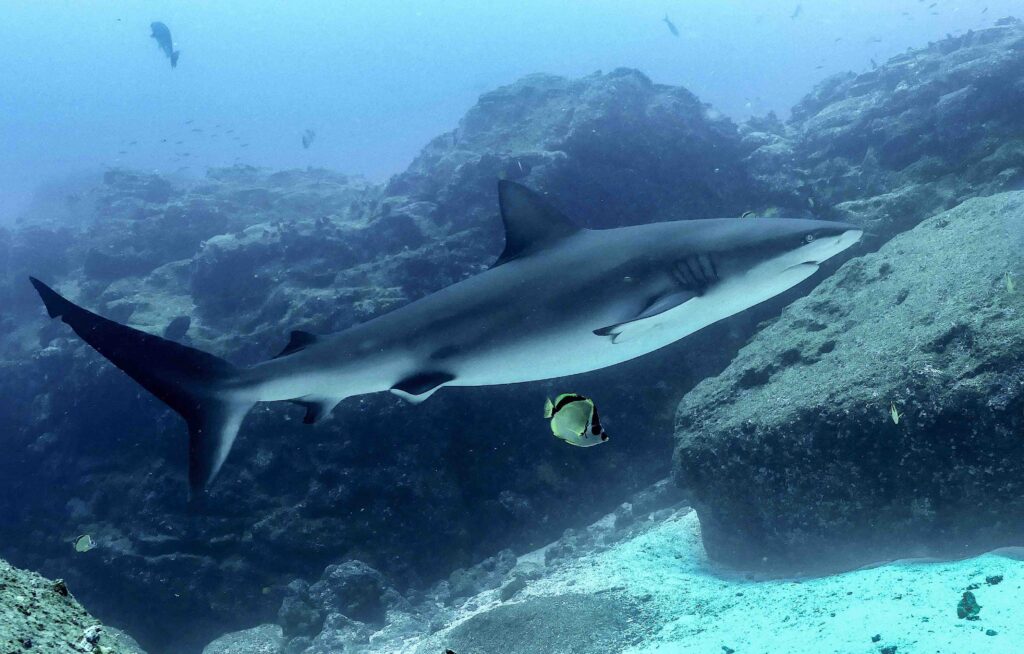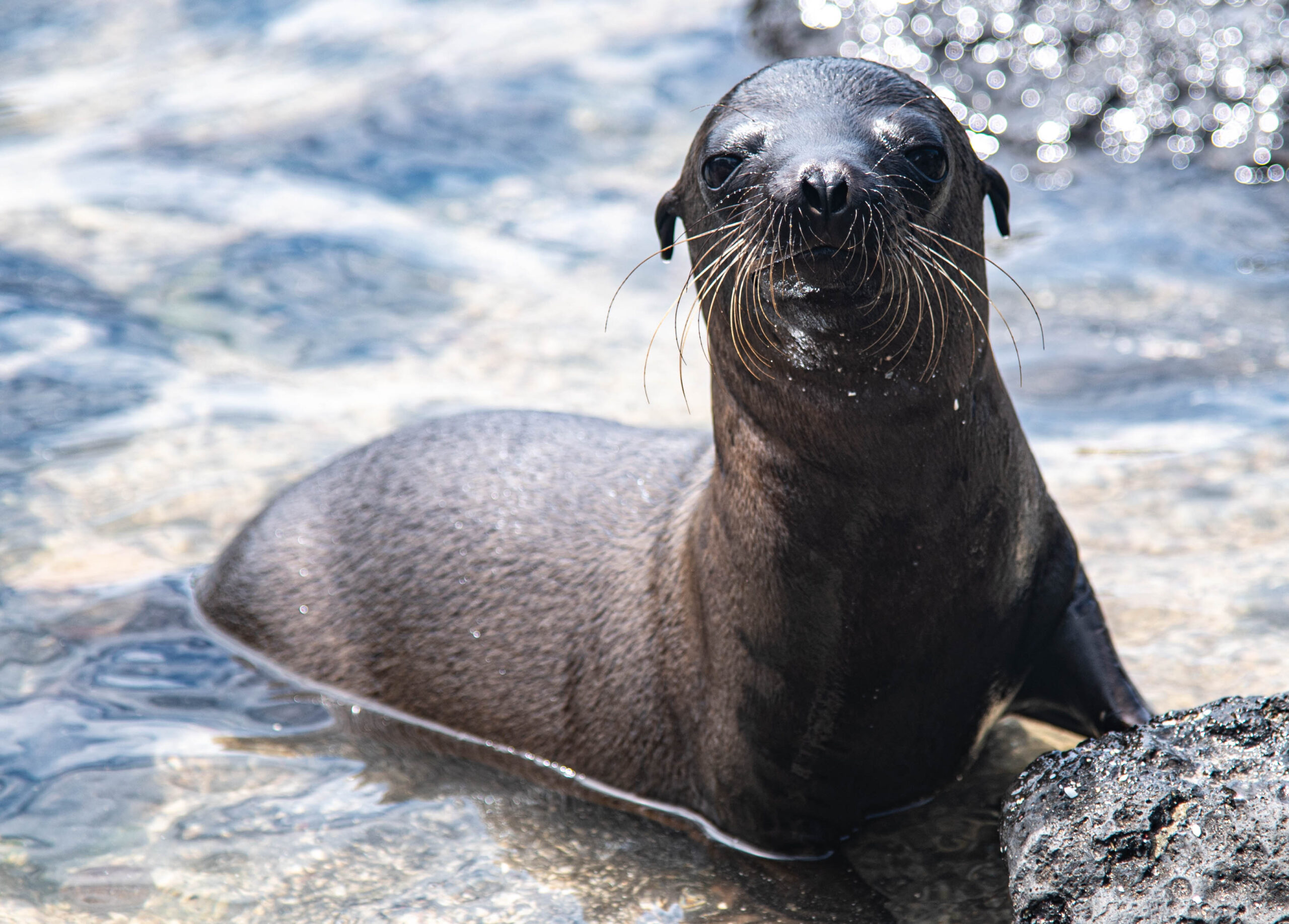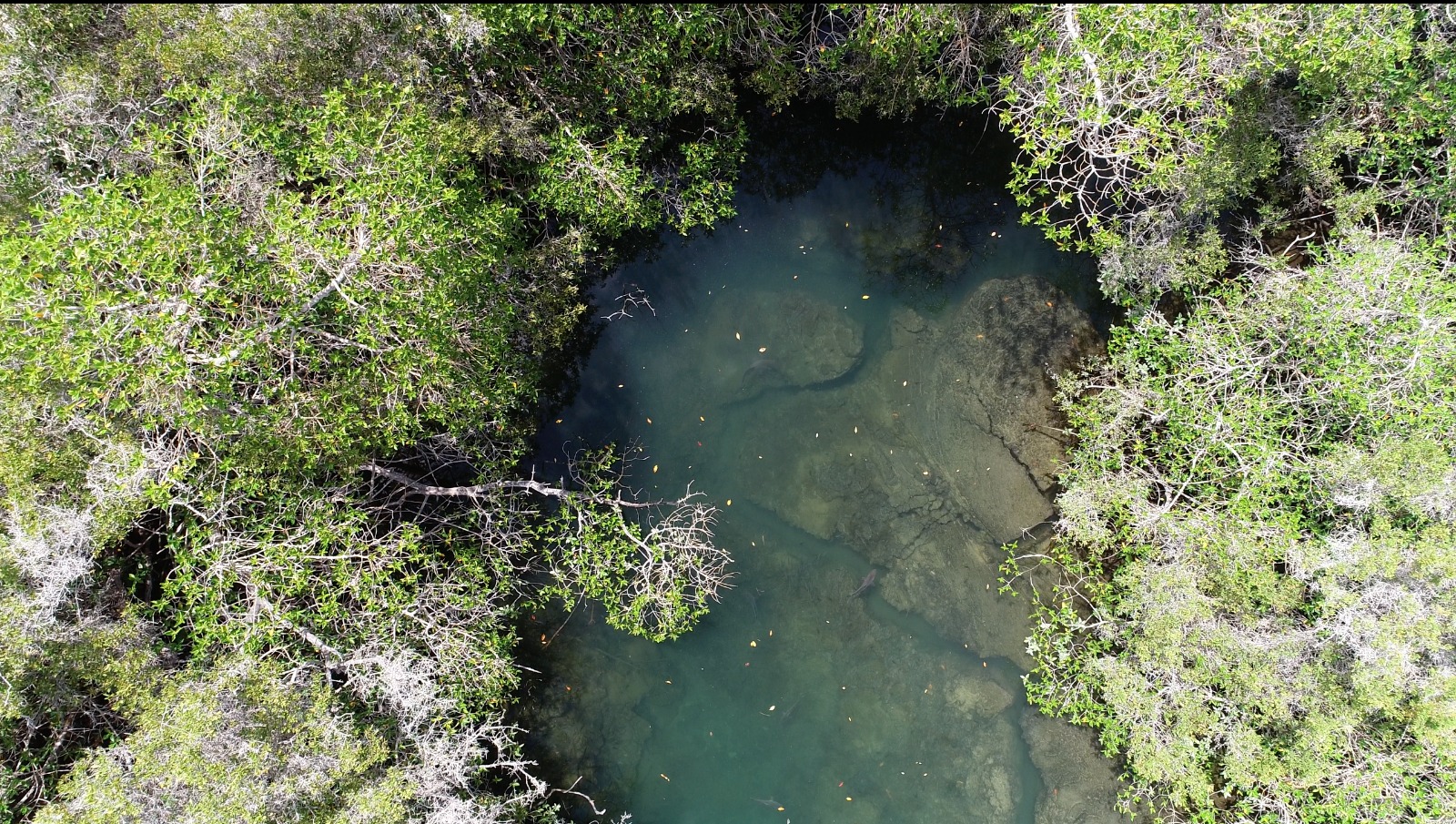Abstract
Threatened shark species are caught in large numbers by artisanal and commercial fisheries and traded globally. Monitoring both which shark species are caught and sold in fisheries, and the export of CITES-restricted products, are essential in reducing illegal fishing. Current methods for species identification rely on visual examination by experts or DNA barcoding techniques requiring specialist laboratory facilities and trained personnel. The need for specialist equipment and/or input from experts means many markets are currently not monitored. We have developed a paper-based Lab-on-a-Chip (LOC) to facilitate identification of three threatened and CITES-listed sharks, bigeye thresher (Alopias superciliosus), pelagic thresher (A. pelagicus) and shortfin mako shark (Isurus oxyrinchus) at market source. DNA was successfully extracted from shark meat and fin samples and combined with DNA amplification and visualisation using Loop Mediated Isothermal Amplification (LAMP) on the LOC. This resulted in the successful identification of the target species of sharks in under an hour, with a working positive and negative control. The LOC provided a simple “yes” or “no” result via a colour change from pink to yellow when one of the target species was present. The LOC serves as proof-of-concept (PoC) for field-based species identification as it does not require specialist facilities. It can be used by non-scientifically trained personnel, especially in areas where there are suspected high frequencies of mislabelling or for the identification of dried shark fins in seizures.
Read the article in the link: https://doi.org/10.1371/journal.pone.0300383






